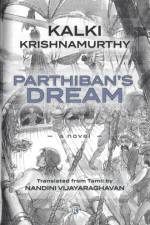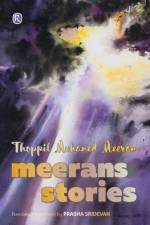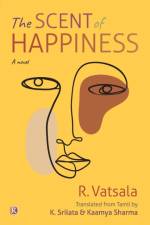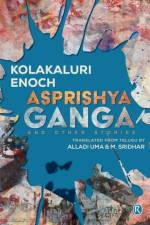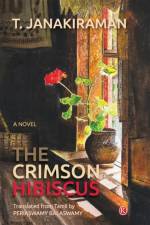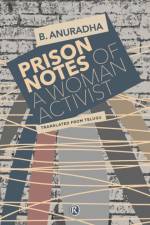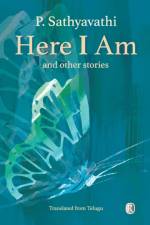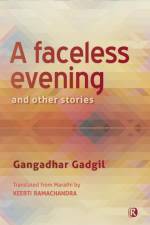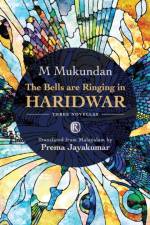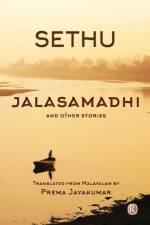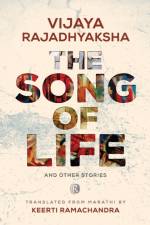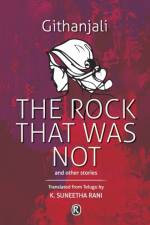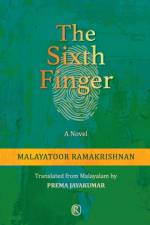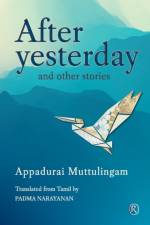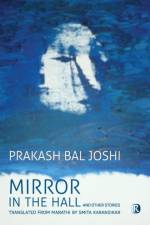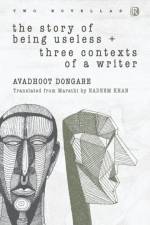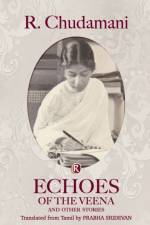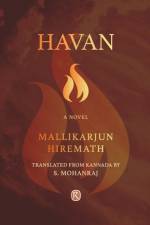- Novel
av T Janakiraman
281
T. Janakiraman is one of the most accomplished writers in modern Tamil literature. His fiction continues to unravel fresh meanings for contemporary readers. His sensitive writing explores the complexities of the human mind and human emotions, and the ways they clash with societal norms and traditions, leading to violations and crossing of boundaries set by the society. He traces the immense suffering and mental agony that his characters undergo as a result of these clashes. Janakiraman's women characters are sensitive, intelligent and intellectual, capable of determined action. Fascinated by the live portrayal of his characters, his readers have travelled to the towns and streets which these characters have inhabited, verily like pilgrims. It is rare to find in modern literature characters of classic quality. But many characters of Janakiraman have such a quality and are cherishedin the hearts of the readers. Set in Marudam, as the fertile Thanjavur delta region with its own landscapes and lifestyles was known, his style of writing, with exquisite dialogues, wordplay and vivid descriptions, is absorbing. The Crimson Hibiscus, like his other fiction, also absorbs and engulfs the reader. Time itself celebrates an artist of his calibre!PERUMAL MURUGAN, WriterThis intimate portrait of a family, told through the eyes of the youngest of three brothers, Sattanaathan, brings to life the everyday negotiations, heartbreaks and joys that make up domestic life. The story unfolds in the richly described context of semi-rural Tamil Nadu of the first half of the 20th century, and explores the complexity of filial and conjugal relationships in a joint family. T. Janakiraman's work is for many decades a staple in Tamil literary magazines. The translation and editing is expertly done, losing neither the character nor the nuance of the culture and language of the original.USHA RAMAN, Writer and Academic

